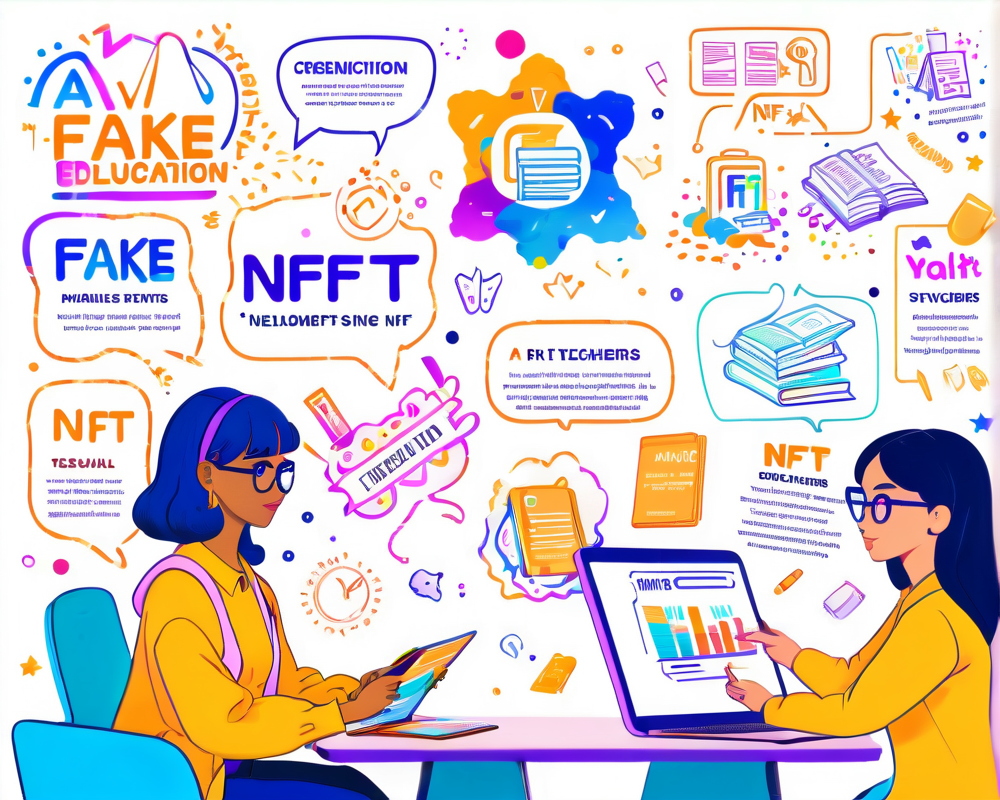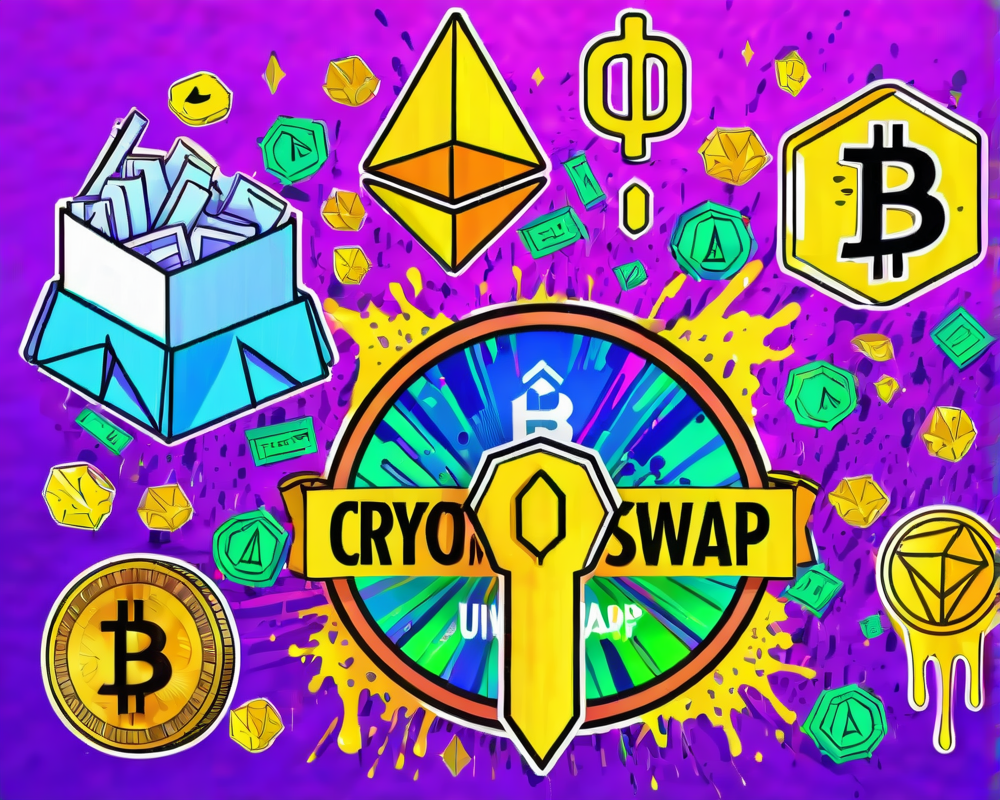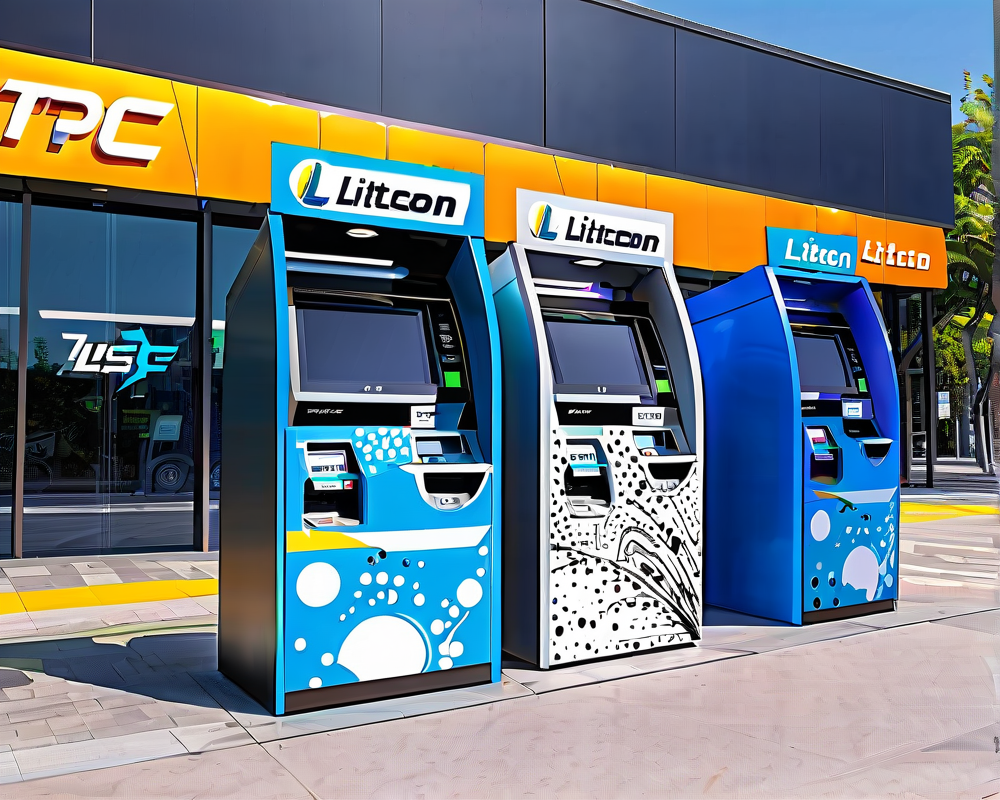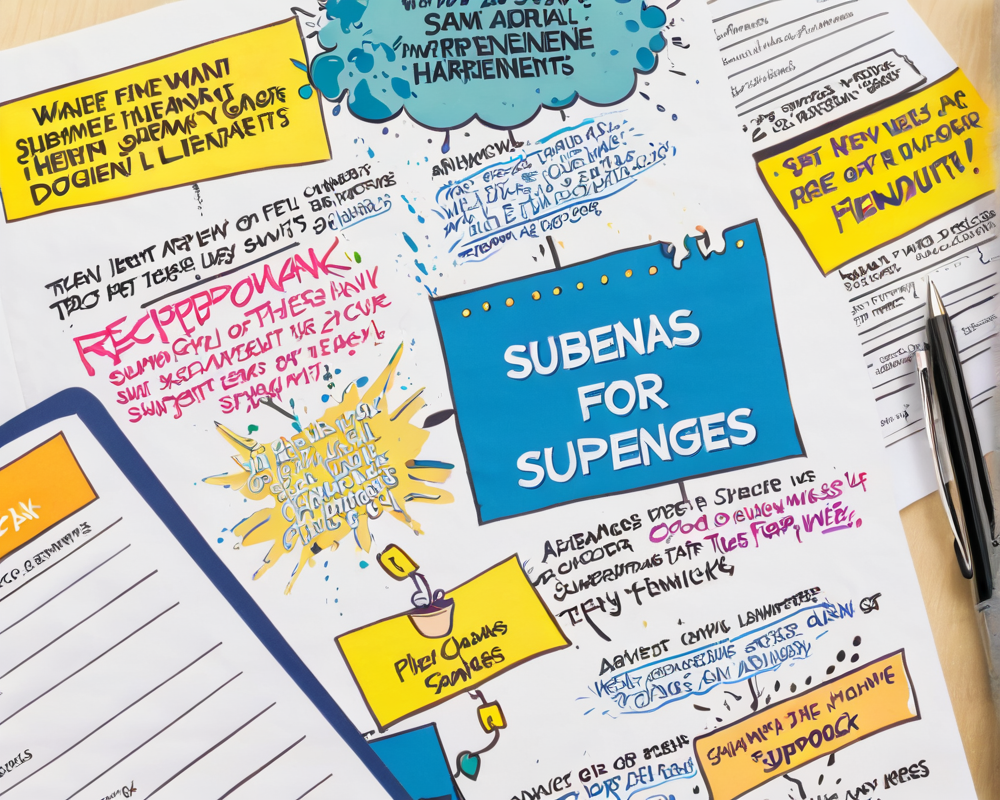Understanding the Challenge of Fake Credentials
In the wild world of academia, deception lurks, not just in textbooks but in the diplomas that grace walls. The recent revelation from The Washington Post about 2,800 individuals who secured their credentials without ever stepping foot in a classroom sends shivers down the spine of educational integrity. Buying a degree from unaccredited institutions has become as easy as ordering takeout, and apparently, equally as common. It’s estimated that around 100,000 fake degrees are sold annually, with some going for as little as $1,000. Talk about an inflation juggle!
NFTs: The New Look at Verified Credentials
Enter Non-Fungible Tokens (NFTs), a buzzword that’s hot in the tech arena. Professor Beau Brannan has been waving the NFT flag since 2021, proposing that these digital breadcrumbs can mitigate degree forgery. Imagine a world where each class you take ends up immortalized on a public ledger, with none of that pesky altering behind the scenes!
Brannan asserts, “If individual courses become part of the student ledger, it creates another level of accountability for the school and teacher.” Now, if that doesn’t sound like a thesis worth writing home about, I don’t know what does!
The Bumpy Road Ahead for NFTs in Education
While the potential is undeniably exciting, integrating NFTs into the academic environment won’t be a cakewalk. The Binance NFT team points out that getting educators and students on board requires a solid foundation of technical literacy. Think of it as educating a room full of college professors about how to use smartphones—all the gaps in understanding can feel monumental.
Plus, there’s the traditional institutional inertia. Changes in procedures mean adapting infrastructures that have been around longer than most textbooks. But Brannan remains optimistic; after all, when incentives align, humanity seems to rise to the occasion.
Empowering Educators Through Decentralization
It’s not just fake degrees that plague educators; underpayment and undervaluation run rampant in this field. The Open Campus protocol is attempting to address these issues by utilizing NFTs. TinyTap CEO Yogev Shelly mentions how Publisher NFTs could create revenue streams for teachers. He passionately states, “We want to empower teachers and educators to freely create knowledge repositories.” Imagine that! Teachers getting the credit (and cash) they deserve.
A Bright Future? The Blockchain Link to Educational Success
As we stand on the precipice of educational innovation, the potential of blockchain technology and bespoke smart contracts could redefine the industry. They might just give teachers and students a fairer shot at prosperity and recognition. Is this a utopian dream or a coming reality? Only time—or blockchain—will tell.




